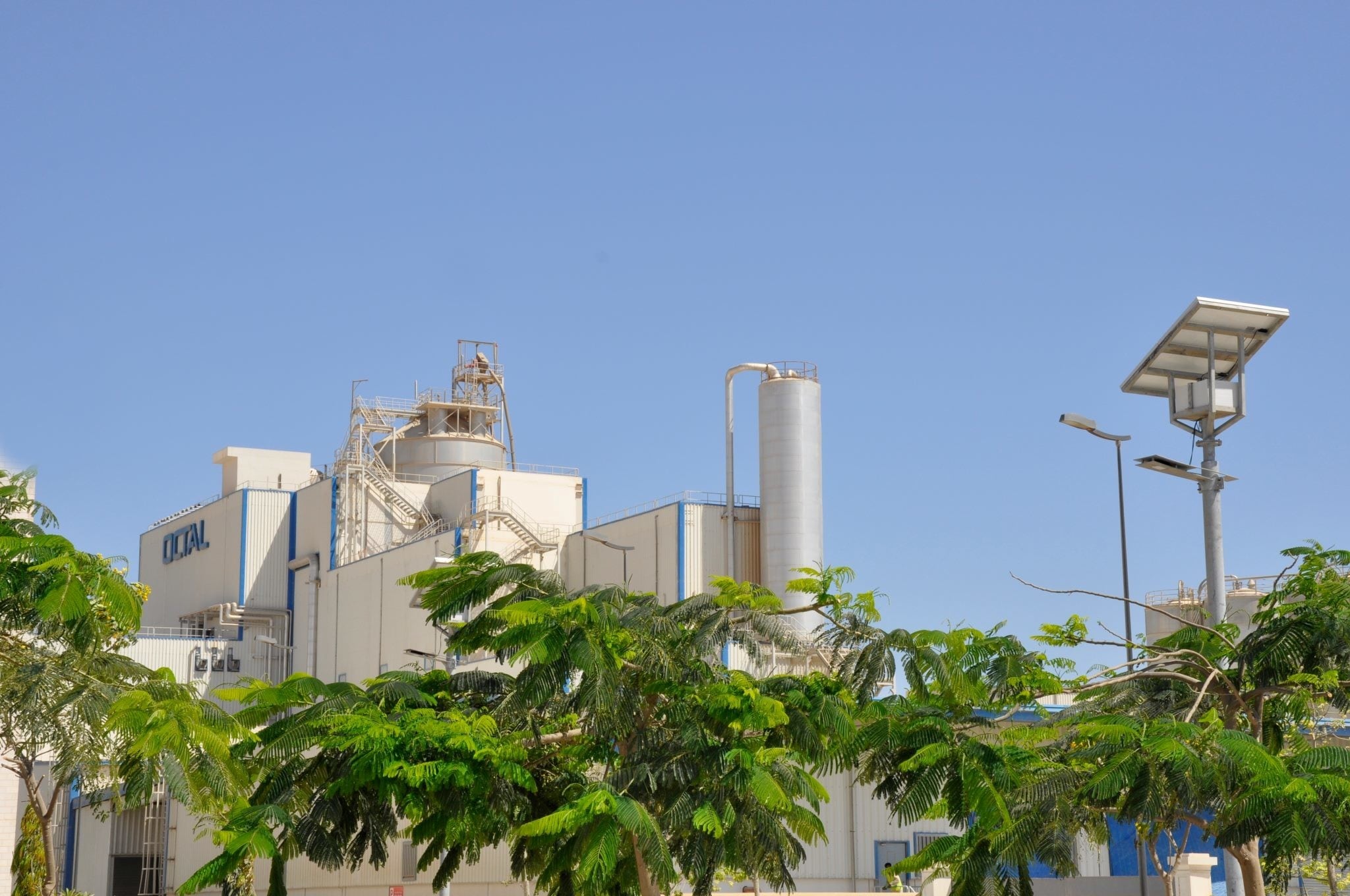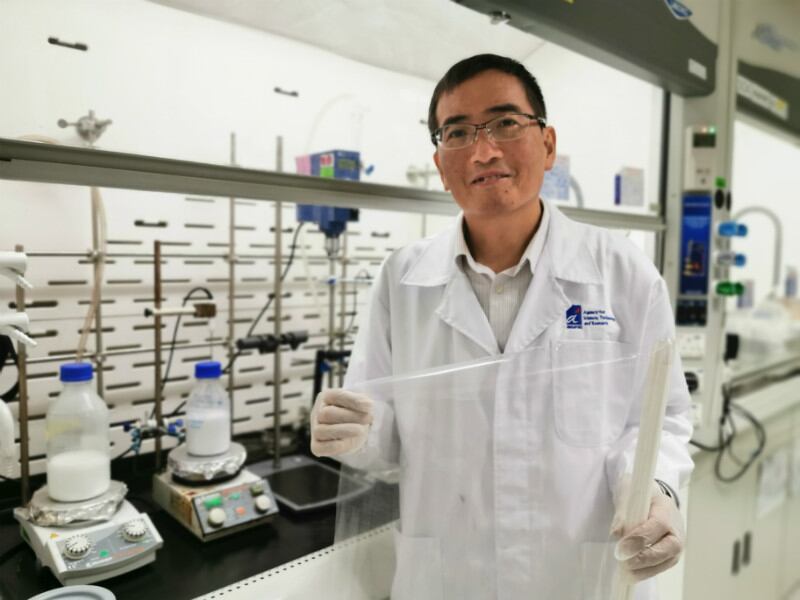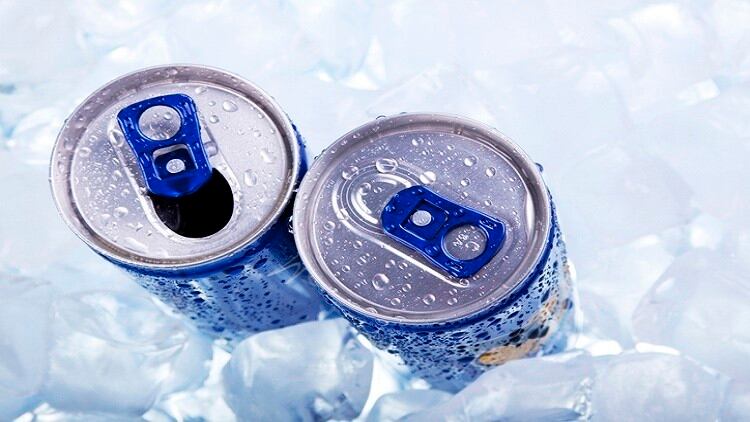Joseph Barenberg, executive vice president & chief operating officer at OCTAL told FoodNavigator-Asia, “In the last five years, food packaging is all about source reduction. We see a trend in multilayer packaging that is being pushed into single layer.”
Source reduction is the elimination of waste before it is created.
“Traditionally in the PET world, you used to have a large quantity of PET sheet that have polyethylene laminated to it, to provide sealing.
“The trend now is they are getting rid of the polyethylene, and just using PET sheet.”
“We think sustainable features in products will be an emerging trend.”
He also said recycling was a growing trend in the region, but questioned if existing rules and regulations were fit for purpose.
“Recycling is now a wide spread trend, but arbitrary mandates tend to lead to capital investment decisions that long term may not be the best for the industry, or the company doing them.”
He responded, “The industry needs to have a more cohesive strategy for reused post-consumer items, because simple mandates do not account for all of the details in recycling.”
“This way, we can move forward into this new world of sustainability and heavy recycled content.”
Lesser is more
OCTAL’s main products are the PET resin, and the patented DPET sheet which is an alternative to traditional PET sheet.
Barenberg said, “Most of our products go to thermoformers, who make bakery, deli, and food service packaging.”
The company recently secured $625 million loan to expand its main plant in Salalah Free Zone, adding two more production lines. This will increase its DPET capacity by more than 30,000 tons per year.
“Currently, we produce about 275,000 tons of DPET per year. The expansion will help increase to 300,000 tons.
“Our DPET sheets are recyclable, clear and transparent. It is sustainable, and has a lower carbon footprint compared to other PET sheets and polymers.”
He added that the firm’s DPET technology eliminates five energy intensive stages of the conventional sheet production process, which are pelletiser, SSP, compactor, dryer and extruder.
“It reduces energy consumption, leading to a step change in lowering carbon footprint and overall enabling source reduction.
“We own the resin reactor and sheet line, so we can put large quantities of post-consumer and post-industrial waste into the reactor, chemically recycle it, the end result is of a virgin quality.”
So, “You have a sustainable and high performance product, all at a competitive price.”
Expansion plans
The company currently operates 90% of its production from Oman, at its main plant. Besides sheet capacity, they have 600,000 tons of resin capacity.
He mentioned OCTAL would be expanding in Latin America where he felt, “polypropylene and polystyrene are dominant there, but PET is emerging.”
The countries include Brazil, Argentina, Columbia, Chile, Peru, Uruguay, and Mexico.
He said the company is also present in Australia and New Zealand.
On plans to expand in Asia, “Asia is different because it has a very large indigenous industry in making PET. Most PET fibres are made in China, and there is a lot of PET sheet extrusion.
“We will need to learn what is going on in the region, and at which point and what means to enter the market.”
He said OCTAL was open to “partnering with people who understand how to leverage the benefits of our products.”




